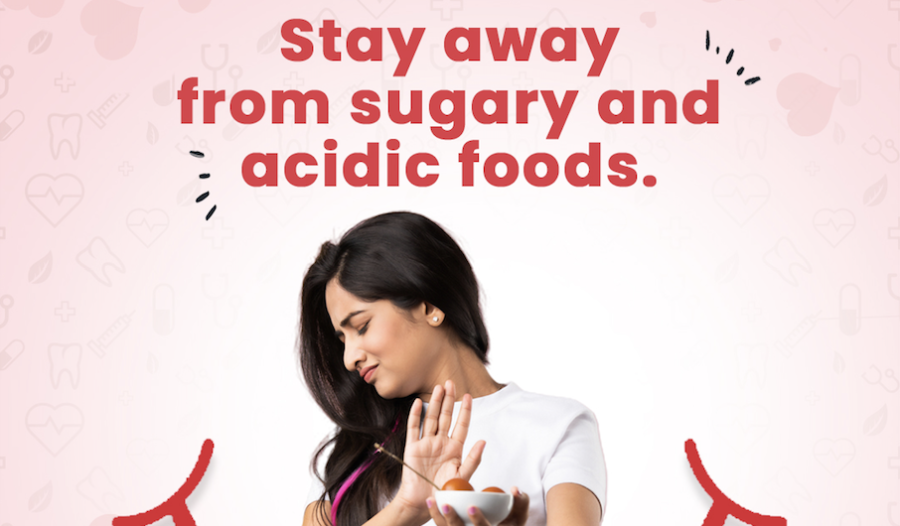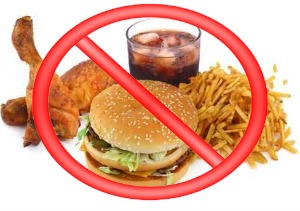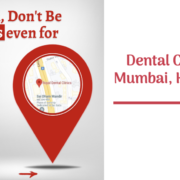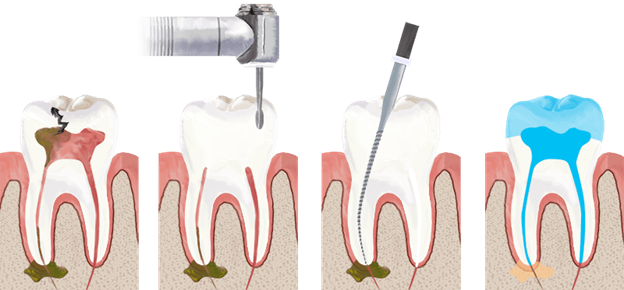Having a healthy diet is essential to keep your body functioning well and reduce the risk of developing chronic diseases. However, what you eat doesn’t directly affect your oral health. Indeed, having healthy teeth and preventing dental issues have nothing to do with your diet per se. It’s more about how often you brush your teeth and how good you are at cleaning them after every meal. However, there are certain factors that can have a positive impact on your mouth, while others may have a negative effect. Let’s see which foods can help protect or harm your pearly whites.
What affects your oral health?
There are two things that are essential for the general health of your teeth: a healthy diet and good oral hygiene. Let’s see what a healthy diet looks like, and how it can affect your oral health. A balanced diet that includes fruit, vegetables, whole grains, proteins (mostly fish and poultry), nuts, seeds, and legumes can significantly reduce the risk of dental caries and gum disease. In particular, vegetables and fruits are rich in antioxidants, vitamins, and minerals essential for your oral health. Beans and legumes are also good sources of protein and fiber, but they can be harmful to your oral health if they are not thoroughly cooked.

Did you know this about teeth!
Did you know that the foods you eat are an important part of building strong teeth? Healthy teeth, like the rest of your body, need you to consume nutritional foods. Calcium, phosphorus, and vitamin A help build and protect tooth enamel (the outer layer of your teeth). Here are some foods with high amounts of these nutrients:
- Milk
- Plain yogurt
- Cheese
- Leafy greens like kale, collard greens, and spinach
- Calcium-fortified foods; cereal, canned sardines, tofu, and orange juice
- Protein-rich food like meat, poultry, fish, and eggs

Fruits and vegetables are a source of vitamin C, which is good for healthy gums. Eating fruits and veggies can stimulate saliva production. Saliva contains minerals like calcium, fluoride, and phosphate ions, which keep the surface of your teeth strong. Saliva also washes away food particles and debris from teeth and gums. Remember to drink plenty of water throughout the day. This is an easy way to keep your mouth clean and avoid bad breath from a dry mouth.
Sugars and starches: benefit or harm? Oral health
Of all the foods that are harmful to your teeth, sugars and starches are the most notorious. If you want to keep your teeth healthy for a long time, you should reduce the amount of these foods in your diet. What sugars and starches do is feed the bacteria that cause tooth decay. If you overfeed them, these bacteria can create acid that will erode your teeth. If you want to protect your teeth, avoid sticky foods, and don’t forget to brush after every meal. Brushing your teeth is the only way to get rid of the sugars and starches that cause tooth decay.
Protect your teeth from sugary foods | Oral health
If you want to protect your teeth from sugary foods, you’ll have to reduce the amount of sugar in your diet. This is necessary not only because sugar is bad for your oral health, but also because it can lead to obesity, which is also harmful to your health. If you want to reduce the amount of sugar in your diet, you should start by reading food labels. You’ll be surprised to see how many foods contain sugar. Some foods that are high in sugar but can be enjoyed in moderation are baked goods, sweets (including chocolate), fruit juices, yogurt, ice cream, and cereal.
Frying, roasting, and grilling: pros and cons
Fried and roasted foods are harmful to your oral health. You should avoid them as much as you can. The high temperature at which these foods are cooked can damage your teeth. Fried foods are particularly harmful to your teeth. The high temperatures used to cook these foods result in a large amount of acrylamide, a substance that is extremely harmful to your oral health.

Roasting and grilling are less harmful to your teeth than frying. Roasting and grilling are actually healthier than frying because they use lower temperatures and don’t form acrylamide. However, roasting, grilling, and frying are always bad for your teeth. You should avoid these methods of cooking if you want to keep your teeth healthy.
Vegetables and fruits: protector of your Oral health
Vegetables and fruits are excellent for your oral health. They are rich in vitamins, minerals, and antioxidants that are essential for the health of your teeth. However, some foods, like citrus fruits, are acidic. They can damage your teeth if you don’t thoroughly chew them. Fruit and vegetable juices can be harmful to your teeth as well. This is because they are highly acidic and can damage your teeth. If you want to protect your teeth from juices, you should drink them through a straw. This will prevent the juices from coming in contact with your teeth.

Beans and egumes: Harmful for your oral health?
Beans and legumes are packed with protein and fiber, and they can be a very healthy part of your diet. However, they are also very acidic. This means that they are harmful to your teeth if you don’t thoroughly chew them. You should thoroughly chew legumes before swallowing them. You should also drink liquids through a straw when you eat beans or legumes. If you don’t chew thoroughly, the acids in legumes can erode your teeth. If you don’t use the right technique when eating beans and legumes, they can be harmful to your oral health.
Conclusion
There are many factors that affect your oral health. What you eat is only one of them. What you drink, how often you brush your teeth, and how you maintain good oral hygiene are also essential for healthy teeth. There are certain foods that are good for your oral health and there are also foods that are harmful to your oral health. There is no special diet that can protect your oral health. A balanced diet that includes fruit, vegetables, whole grains, proteins (mostly fish and poultry), nuts, seeds, and legumes can significantly reduce the risk of dental caries and gum disease.






